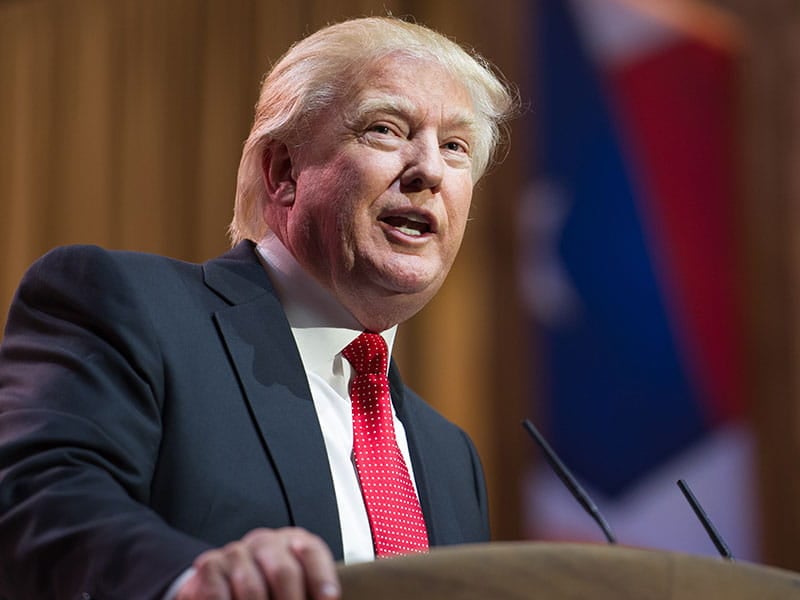BAGHDAD, Iraq, Jan. 2, 2003--We are a delegation of 13 religious leaders and experts visiting Iraq under the auspices of the National Council of Churches (U.S.A.) Ours is a religious and not a political delegation. We came to see the faces of the Iraqi people so that the American people can see the faces of children laughing and singing and also hurting and suffering. We brought with us dozens of pictures drawn by American children. We shared these pictures with Iraqi children who, in turn, gave us messages to take back to children in the United States.
We are called by God to be peacemakers. War is not inevitable and can be averted, even at this moment. President Bush reiterated, on New Year's Eve, his desire to reach a peaceful conclusion to this crisis and we are grateful for his words.
We came as humanitarian inspectors, not weapons inspectors. We visited schools and hospitals and saw for ourselves the devastating impact of 12 years of sanctions on the people of Iraq. We touched babies suffering illnesses that can be prevented by proper medication currently unavailable to the people of Iraq. We held the cold hands of children in unheated schools with broken windows and underpaid teachers, nurses, and doctors.
UNICEF officials shared heartbreaking statistics of malnutrition, disease, and hunger with us. We are concerned by the increasing reliance of Iraqi people on the food basket provided through the `oil for food' program, a program not intended to be the primary source of nutrition or a balanced diet. We intend to advocate to our government for changes in the `oil for food' program that will allow for humanitarian, educational, and medical needs to be better met. We understand the cruelty embedded in the `oil for food program' as it affects ordinary Iraqis.
We worshiped with Iraqi Christians and in the presence of Muslims; and, we prayed with both. This is the birthplace of Abraham, the father of Judaism, Christianity, and Islam. We acknowledged and celebrated our oneness in God. We attended a New Year's Eve Mass at a Catholic Church and a potluck dinner at a Presbyterian Church--a potluck that would be intimately familiar to American Christians. On the street and in informal settings we experienced the spontaneous warmth, hospitality and openness of the Iraqi people. We feel privileged and honored by these human relationships.
We came with `what?' questions--`what's going on?' `what can we discover?' but we were met with `why?' questions--`why us?' `why now?' We have concluded that we are opposed to this war because:
1. We pledge support for the "All Our Children" campaign, a project of the Church World Service and other partners.
2. We will continue to build constructive, positive relationships between our nations and peoples through our ecumenical and interfaith relationships.
3. We will meet with U.S. administration and Congressional leaders to urge them to turn away from war. We will ask U.S. government and military leaders to take the time to learn the names and faces of average, ordinary Iraqi people.
4. We will meet with the permanent members of the U.N. Security Council to seek a revamped and more humane `oil for food' program.
5. We will share our photographs and our stories with the people in our 140,000 congregations so that they may see that, like us, our Iraqi brothers and sisters are children of God.
The weapons inspectors need to be allowed to do their work. Now, it is time for the humanitarian inspectors to do theirs.
In closing, we affirm the words shared with us by the Metropolitan of the Syrian Orthodox Church: "Together, we must sow the seeds of peace and let God water and nurture the seeds."
Signed:
Dr. Bob Edgar, General Secretary, National Council of Churches (U.S.A.)
Dr. Huw Anwyl, Minister, United Churches of Christ
Rev. Ray Buchanan, President, Stop Hunger Now and United Methodist Minister
Rev. John Buehrens, former President, the Unitarian Universalist Association
Rev. Dr. Robert Evans, Executive Director, Plowshares Institute,
Presbyterian Pastor
Robin Hoeker, Legislative Assistant, Unitarian Universalist Association
Dr. Victor Makari, General Assembly staff, the Presbyterian Church (U.S.A.)
Don Mosley, co-founder of Jubilee Partners
Ginger Paul, Episcopal Church, Executive Committee
Dr. Samer Shehata, Assistant Professor of Arab Politics, Georgetown
University
Bishop Melvin Talbert (retired), The United Methodist Church
Jim Winkler, General Secretary, the General Board, United Methodist Church
Rev. Dr. Riad Jarjour, General Secretary, Middle East Council of Churches,
(host)

